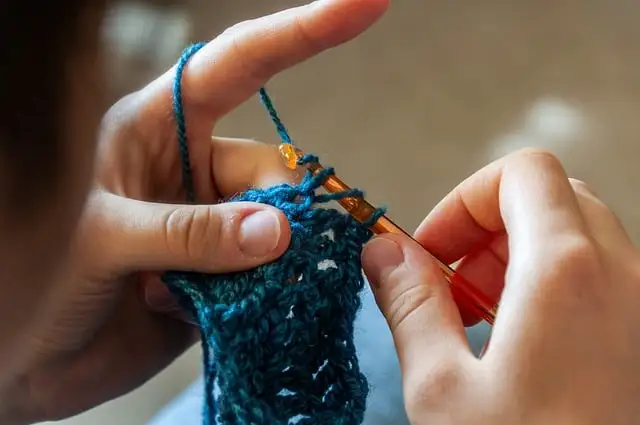Starting to learn something new in adulthood can be both enjoyable and challenging. But it’s never too late to improve your skills. Choosing the right strategies to help you succeed is essential.
9 strategies on how to learn new skills in adulthood
1. Set realistic goals and plan the stages
Setting realistic goals is crucial to maintaining motivation and the right workload, which will not lead to stress. Instead of trying to learn everything faster, divide your learning into smaller and easier goals. This way, you can feel good and keep progressing. For example, when learning a new language, aim to have a simple conversation or achieve a certain level in a test in a short time.
This will help you celebrate small victories and strive for more. In addition, realistic goals help you manage your time effectively. You can include training in your schedule in several ways: set aside specific hours for this, study while you get to work or during breaks, and break up study time into small and comfortable sessions.
2. Define your learning style for better assimilation of the material
Everyone has a unique learning style, which helps them assimilate and memorize information. Some people perceive information more comfortably visually, others by ear, and others by gaining practical experience. It is essential to define your primary learning style—this will help you choose the methods that will be effective.
Try different tools and ways to get information to see what works best for you. Take notes, retell what you’ve heard aloud, and do something with your hands – all this will help determine when and how you learn the material best. Visit. A F R I N I K . C O M .For the full article. When you figure out which learning style is close to you, try to make it fun and effective to achieve your goals.
3. Turn to time management
Balancing a busy schedule with learning goals requires good time management. First, you need to determine when you will be able to study. Even fifteen minutes a day can be helpful. Secondly, you can replace some tasks with training. For example, practicing English instead of using social media or watching TV. Remember that consistency plays an important role here. If learning becomes the same task as brushing teeth and other habits, success will be much faster.
4. Fight the fear of failure and anxiety
Fear of failure and anxiety about learning are common feelings, especially among those who want to learn new skills in adulthood. These emotions often manifest as self-doubt, procrastination, and avoidance of complex tasks. To deal with these experiences, notice and challenge your negative thoughts.
Remind yourself that mistakes are okay; they’re an inevitable part of learning. Also, try to celebrate your small victories and be kind to yourself. Don’t turn learning into a race for survival. It is better to “crawl” to your goal than to burn out at the start.
5. Be inspired by stories about the perseverance of others
History is full of people who have done great things without giving up. Many famous personalities faced difficulties, mistakes, and rejections while mastering their skills but still came out on top. Their stories are inspiring, so you should turn to them whenever nothing seems to work out for you. They charge with determination and faith in their dreams. It is also worth practicing perseverance — this skill will be helpful for self-education and other aspects of life. Read about how to do this here.
6. Use technologies that will make your life easier
The development of online resources and educational applications has made learning skills easier and more enjoyable. You can visit sites for additional information or practice learning the same things with others. This brings variety to the training program, helps you learn more, and always keeps knowledge at hand.
7. Develop a growth mindset
Developing a growth mindset is essential for lifelong learning. You need to realize that hard work and willingness to face challenges can improve your skills and intelligence. A growth mindset makes you more resilient in the face of setbacks and helps you not give up when you want to give up. It strengthens your ability to adapt, improve, and achieve learning goals.
8. Look for mentors and colleagues who inspire you
Mentors have experience and can give you sound advice on how to learn new skills. They help you deal with problems, look at your progress differently, and offer support. Don’t be shy about contacting people who have excelled at what you are learning. It can be either strangers or those who are in your social circle. Ask them to share their knowledge and experience to figure out how to move forward and what things to pay close attention to.
9. Practice it
To improve your skills, look for ways to put them into practice. If you’re learning a new language, participate in a postcard exchange or try to talk to someone on a forum. It is also helpful to join groups that try to practice the same skill, attend literary meetings if you want to write a book, or speak on an “open microphone” if you dream of becoming a famous comedian.
